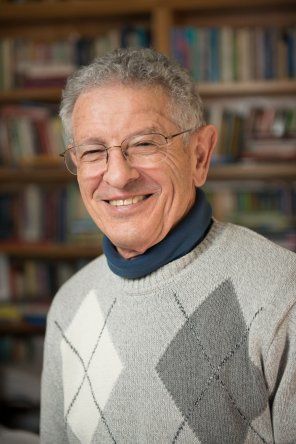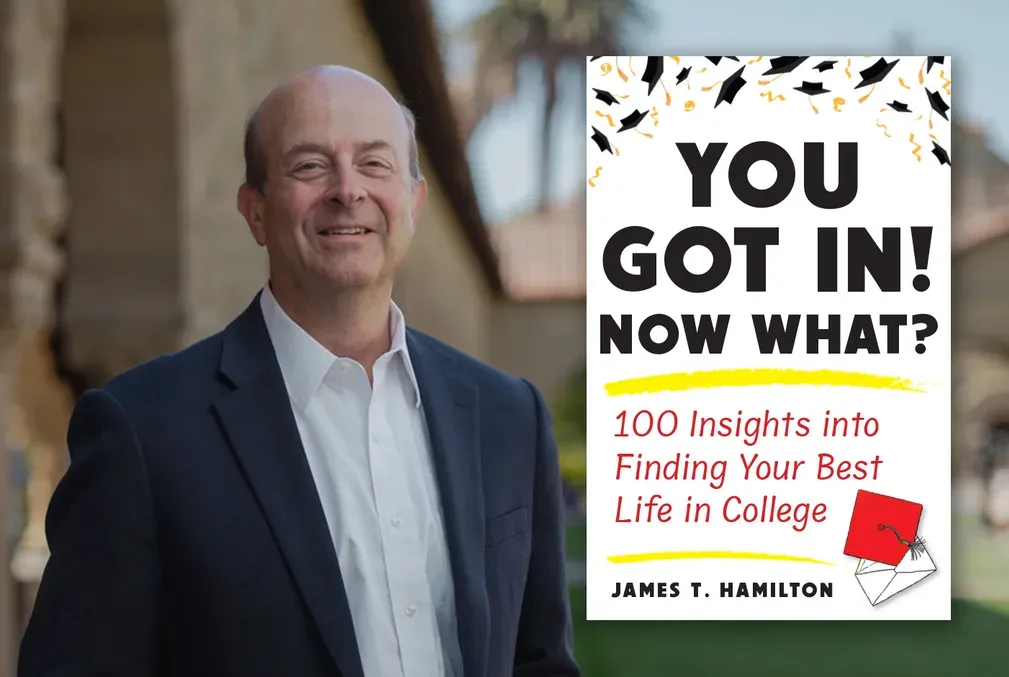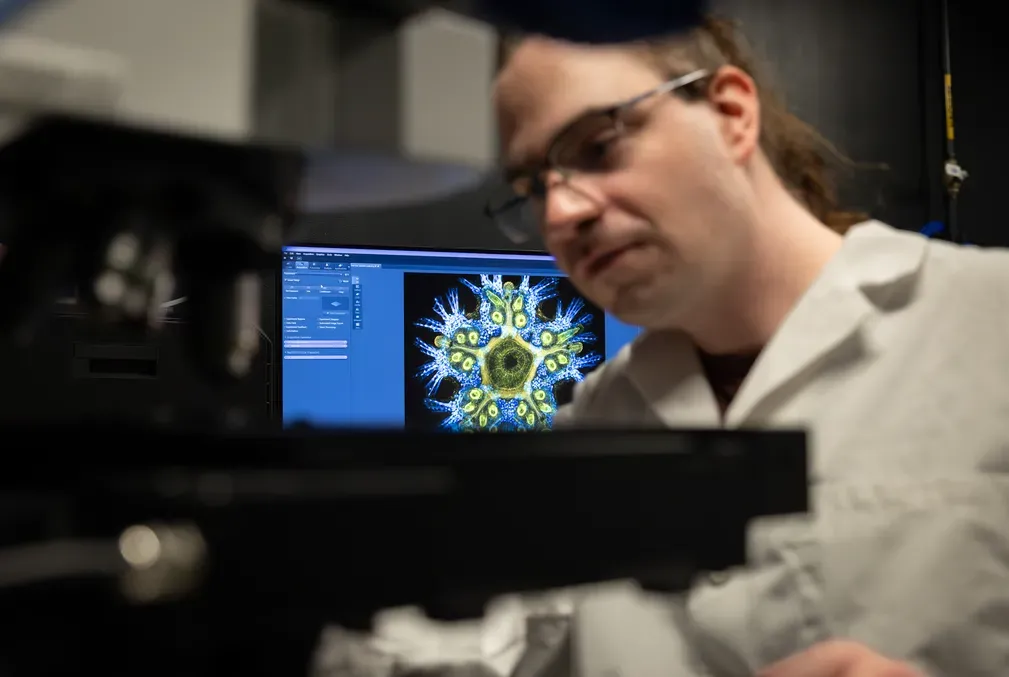Marcus Feldman receives Lifetime Achievement Award from the Society for the Study of Evolution
Professor of Biology receives 2022 SSE Lifetime Achievement Award
Marcus Feldman, the Burnet C. and Mildred Finley Wohlford Professor in the Department of Biology in the School of Humanities and Sciences, has received the 2022 Society for the Study of Evolution (SSE) Lifetime Achievement Award for research that “contributed to our understanding of the evolution of recombination and sex, human population genetics, niche construction, and cultural evolutionary theory."
The SSE Lifetime Achievement Award was established in 2020 and recognizes individuals who have made significant contributions to the study of evolution, demonstrated outstanding mentorship, served the evolution community, and/or contributed to the diversity and inclusion of the field. Awardees are presented at the SSE summer conference and are invited to submit an article of primary research, review, insight, or commentary to the journal Evolution.
Feldman, the founder and director of the Morrison Institute for Population and Resource Studies and co-director of the Center for Computational, Evolutionary and Human Genomics, is known for originating the quantitative theory of cultural evolution and how this theory is related to interactions between biology and culture. He also founded the mathematical theory for how rates of genetic mutation and recombination, dispersal, and cultural transmission can evolve. He has collaborated extensively with Chinese demographers, especially on issues related to the consequences of the male-biased sex ratio in China. Feldman is also a member of Bio-X, the Stanford Cancer Institute, the Wu Tsai Neurosciences Institute, and is an affiliate of the Stanford Woods Institute for the Environment.
The award citation highlights Feldman’s contributions to the field of evolution, mentorship, and the evolution research community. Feldman [and Luigi Luca Cavalli-Sforza] “developed a new field, termed cultural evolution, which studies how genetic and cultural variation can interact and affect one another,” the citation states. For his mentorship, Feldman was honored with the Allan V. Cox Medal for Fostering Undergraduate Research at Stanford and the Stanford Biosciences Excellence in Mentoring and Service Award. His contributions to the evolution community include co-founding the journal Theoretical Population Biology (in 1970) and serving as editor of The American Naturalist from 1984 to 1990.
Upon learning he had been honored with the award Feldman said, “the award is really a tribute to my mentor Samuel Karlin, my late collaborators [Luigi] Luca Cavalli-Sforza, Dick Lewontin, and Freddy Christiansen and the really talented postdocs, graduate, and undergraduate students who have worked with me at Stanford over the past 50 years. I have been extremely fortunate to have been a beneficiary of Stanford’s supportive atmosphere for interdisciplinary studies in evolution.”




